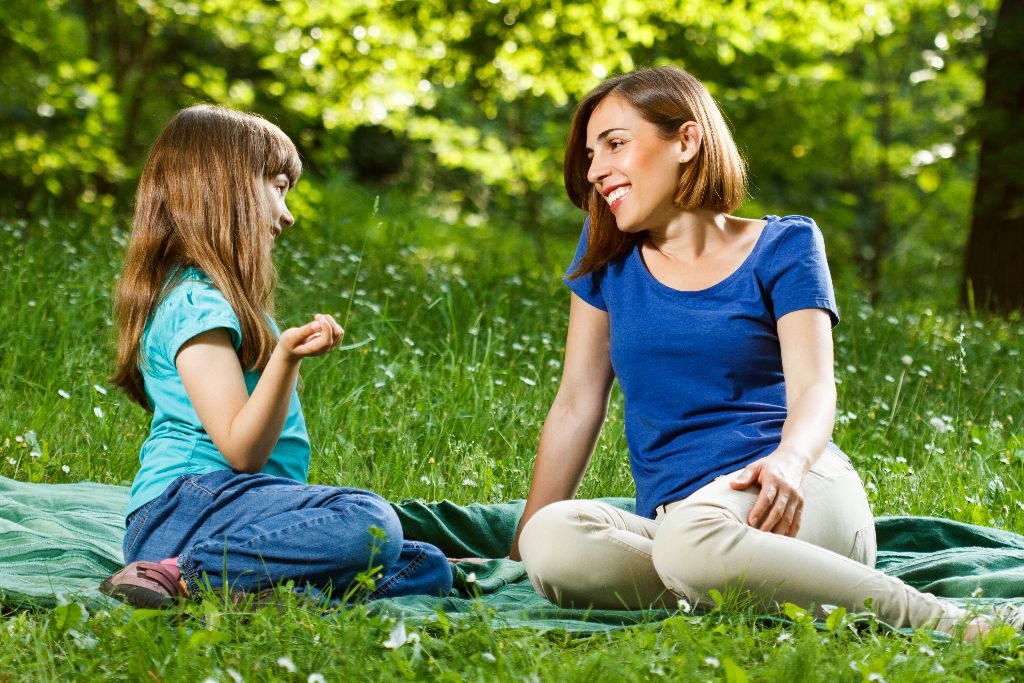

Parenthood brings a host of new challenges along with a slower pace of life but once you find a new rhythm, you can relax and start to enjoy the world from a child’s viewpoint. This will become even more important once you leave the familiar comfort of your own home and embark on extended trips and holidays, especially if you plan to leave the UK.
If you are approaching your first trip abroad with a new family, be prepared for many new challenges: Finding familiar products in supermarkets, dealing with medical issues, understanding the etiquette for children in other countries, and last but not least, finding food that your children will eat.
Don’t be put off though, with proper planning travelling with children can be an enjoyable experience for everyone involved.
Table manners abroad
Good basic table manners are nearly universal, so for example, children should be taught to not eat with their mouths open, to not wolf down their food, and to always say please and thank you.
When eating in other people’s homes they should always ask if there is anything they can do and to follow their hosts lead for when to start eating.
Customs vary greatly from country to country (for instance, whether it’s appropriate to ask for seconds), so engaging in a little research prior to travel is highly advisable.
Dealing with picky eaters
Dining abroad can be difficult, with the many new flavours on offer. A good strategy is the “one bite” rule. Explain that this is the food that children eat in this country and they should try one mouthful before deciding they don’t like something. Without at least trying, they may miss out on something that goes on to become a favourite.
It’s perhaps asking too much to expect your child try everything they are offered (and in a pinch, you can always try giving them the dishes off this list), but give them the skills to politely turn down food they don’t want to eat.
Staring at people in local dress
Involving your children in the process of planning a holiday is a great way to ensure that they can handle any disruption to their routine. This will help make the trip a special adventure for them and encourage good behaviour, especially if they are focussed on the fun they can have when they arrive.
It’s also a good opportunity to let them explore the sights and sounds of their destination from the comfort of home. If people will be dressed differently, now is the time to introduce this to your children. On arrival spotting people who are different to what they are used to can become a game rather than adding more confusion to their routines.
Travel tantrums
Travelling can be a challenging proposition for parents and children. Having their movement restricted for such a long period of time can provoke anxiety and bad behaviour in children such as tantrums.
The time of day that you travel can make a huge difference. Night flights are the best option giving an opportunity to bed down your children for the duration of the journey.
Regardless of the time of travel make sure you have lots of distractions to hand. Books, iPads, Nintendo’s and healthy snacks are essential. Remember, flying can lead to discomfort in the ears which is best relieved with a something to suck on.
If it’s the first big trip abroad it can help to explain the process in detail—for example, visiting an airport in advance is a great way to head of potential problems in advance.
Dressing up for travel
Children equate smart clothes with special events, so helping them to take interest in their appearance when they are on holiday can pay off in good behaviour. You will find other people respond positively to neat and well behaved children so dressing up with a sense of occasion has positive benefits all around.
Holidaying with children can be one of the most fun adventures a family can have, and a little planning goes a long way towards making the whole experience much more enjoyable for you and your fellow holidaymakers. For more family travel advice, be sure to read Essential Tips for Travelling with Young Children.






